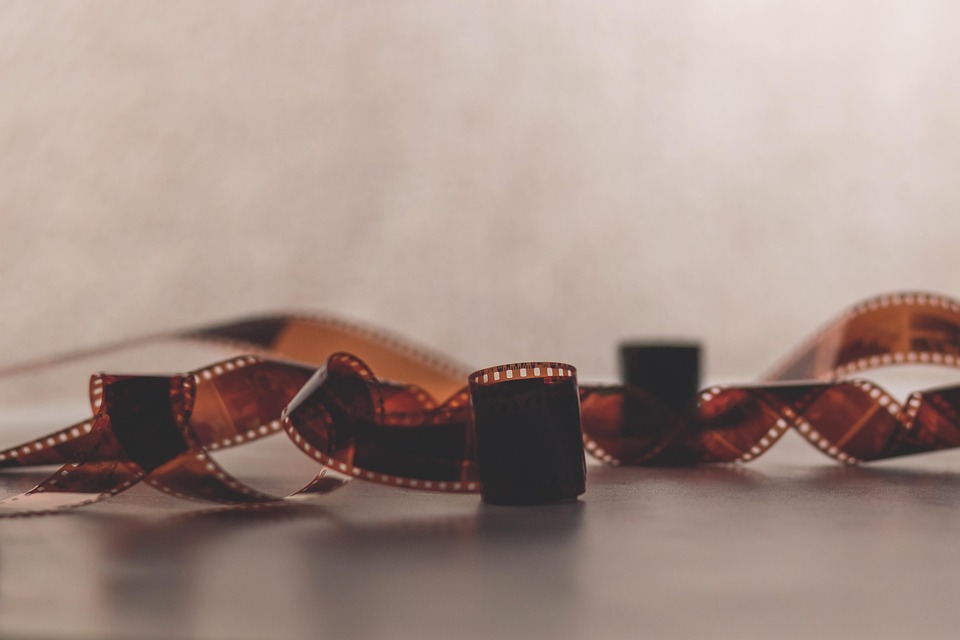Essential Film Editor Interview Guides: Tips and Insights for Aspiring Editors
Navigating the intricate world of film editing can often feel like traversing a labyrinth. For those aspiring to make a mark in this dynamic field, an interview can be a pivotal moment. It’s not merely a chance to present your skills; it’s an opportunity to convey your passion, creativity, and understanding of storytelling. Here are some invaluable tips and insights that can help you shine in an interview setting.
1. Understand the Role
Before stepping into an interview, it’s crucial to grasp the multifaceted nature of a film editor’s role. Beyond merely cutting footage, editors shape narratives, enhance emotional arcs, and collaborate closely with directors and producers. Be prepared to discuss how you interpret scripts, your approach to pacing, and how your editing choices elevate the story.
2. Showcase Your Portfolio
An editor’s reel is akin to a painter’s portfolio; it showcases your unique style and skill set. Ensure your selection of work is diverse, reflecting various genres and techniques. Highlight projects where you had a significant impact on the final product. When presenting your reel, be ready to discuss specific edits and the rationale behind them. This not only demonstrates your technical prowess but also your ability to think critically about your work.
3. Be Prepared for Technical Questions
In the fast-paced world of film editing, technical proficiency is non-negotiable. Expect questions about software you’re familiar with, such as Avid Media Composer, Adobe Premiere Pro, or Final Cut Pro. You might also be asked about your workflow, file management, and the importance of sound design in editing. Brush up on industry terminology and trends; this knowledge can set you apart as a candidate who is not just competent but passionate and informed.
4. Discuss Collaboration
Editing is rarely a solitary endeavour. It’s a collaborative art form that thrives on communication and teamwork. Be ready to share experiences where you’ve worked closely with directors, sound designers, or even other editors. Illustrate how you’ve navigated differing visions and how you’ve contributed to a positive working environment. Highlighting your collaborative spirit can reassure potential employers that you’ll be a valuable addition to their team.
5. Prepare Your Questions
Interviews should be a two-way street. Prepare insightful questions that reflect your interest in the company and the project. Inquire about the team dynamics, the director’s vision for the film, or the editing process they typically employ. This not only demonstrates your enthusiasm but also allows you to gauge whether the organisation aligns with your creative aspirations.
6. Emphasise Adaptability
The film industry is notoriously unpredictable. Projects can change direction at a moment’s notice, and deadlines can be tight. Share examples from your past where you’ve had to adapt quickly to new information or feedback. Your ability to remain composed and flexible under pressure can be a significant asset in the eyes of a hiring manager.
A Path to Mastery
In summation, an interview for a film editing position is not just a formality; it’s a chance to illuminate your passion for storytelling through the lens of editing. By understanding the role, showcasing your work, preparing for technical discussions, emphasising collaboration, asking thoughtful questions, and demonstrating adaptability, you’ll position yourself as a standout candidate.
As you embark on this journey, remember that CVPortal continuously provides a wealth of high-quality CV references to guide you in crafting an impressive resume that reflects your unique talents and aspirations.

